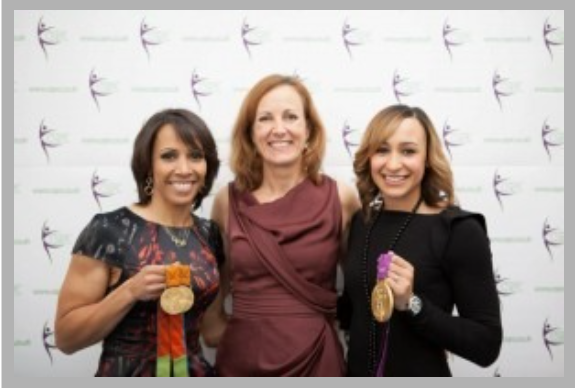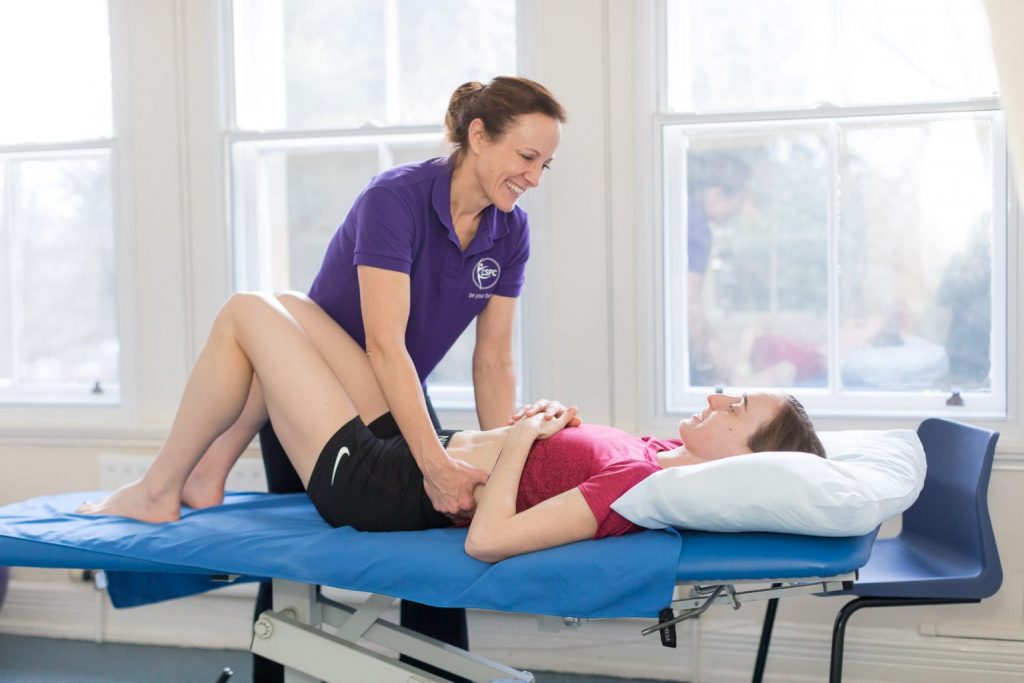Alison Rose (Dundee University, Edinburgh University, Edinburgh Southern/Woollen Mill) was born in Canada on 27th September 1967 but moved to Britain with her parents.
Aged 18, Alison moved from Farnham to Scotland (Dundee University) to study physiology. She raced for Scottish Universities and asked Malcolm Brown (in charge of SU Athletics) to coach her. After graduation, she went to Edinburgh and studied physiotherapy at Queen Margaret University (as it is now called). Alison pays full credit to Malcolm Brown for helping her to improve greatly as an athlete.
Malcolm said the following about Alison, “As an athlete she had great persistence, was physically robust, determined and quietly ambitious. She enjoyed setting long term goals and pursuing them, which was very unusual in a relatively young and inexperienced athlete. By choosing the right event (marathon), helped by her coach, she raced European and World Championships for Great Britain, which was above expectations. She rarely performed poorly at races. Alison was top of the class for intelligent application.”
Between 1988 and 1996, she developed into a very good, versatile athlete. Alison first appeared in the annual Scottish lists with times for 3000m (9.43.37 pb) and 1500m (4.40.6 pb) but before too long increased her racing distance, moving from 3k and cross country to 10k. She trained at Meadowbank with international male runners John Sherban, Phil Mowbray, Ian Hamer and Geoff Wightman.
In 1992, Alison (or Ali, as she was known) won an excellent individual silver medal in the Scottish National Cross-Country Championships (behind Vikki McPherson) and led EWM (Sue Ridley 3rd, Susan Durham 13th) to team gold, a title they retained in 1993, when Alison secured individual bronze, with Sue Ridley winning silver and Kirsty McCallum finishing 19th.
Alison Rose became a Scottish International runner in 1992, taking part in the UK Cross-Country Championship in Basingstoke, when Scotland lost to England but defeated Wales. Alison was 13th, the third Scottish counter behind Lynn Harding and Karen McLeod.
Later in 1992 she recorded 34 minutes 39.16 seconds for 10,000m on the track, which placed her fourth in the Scottish ranking list that year.
On 23rd August 1992, she finished seventh in the Great Scottish Run Half Marathon, recording 1.16.43; and, on 26th October, ran well for fifth place in the Dublin Marathon (2.46.27). Alison was fourth in that year’s Scottish list, behind three established Scottish stars: Liz McColgan, Harding and McLeod.
In 1993, Alison demonstrated great consistency with slight improvement to her personal bests: 10,000m track in 34.35.73 on 5th June for third in the Pearl European Relays in Portsmouth, which gave her third Scottish ranking. She achieved a ‘lifetime best’ 5000m time of 16.41.51 which was the fastest Scottish mark set that year. On the road, she won the Fleet Half Marathon on 21st March (1.16.41); and on 18th July raced for GB Students in the World University Games Marathon at Buffalo, New York State. She was fifth in 2.46.09, which ranked her fourth in Scotland.
Alison Rose worked at FASIC (the Edinburgh University sports injury clinic).
1994 saw similar progress. On 20th February, Alison won the Grangemouth Round the Houses 10km in 34.43. On 17th April she was 13th in the London Marathon (2.45.55). Alison Rose’s best-ever 10,000m time was 33.57.86. This was set on 12th June when she was seventh in the AAA Championships in Sheffield. She narrowly missed selection for Scotland at the Commonwealth Games. Another new marathon pb of 2.45.19 was set on 7th August for 31st place when she raced for Great Britain at the European Marathon Championships in Helsinki.
1995 was Alison’s marathon peak. On 1st January, she finished third (1.21.23) in the prestigious Morpeth to Newcastle Road Race. On 5th March, she won the Finchley 20 miles (2.03.02). Then on the 9th of April, Alison Rose represented Great Britain in the IAAF World Marathon Cup in Athens, finishing a thoroughly respectable 24th with a new best time of 2.42.42 (which placed her tenth in the Scottish all-time marathon list). Her GB and Scottish team-mate Trudi Thomson was 25th, only two seconds behind. 12 Nations took part; and Alison Rose was the first GB finisher (from a team of five).
Consequently, Alison Rose was selected to race again for GB on 5th August 1995 in the IAAF World Championships at Gothenburg, Sweden. Trudi was first British finisher (22nd in 2.41.42); Alison was 28th in 2.45.52 – and second Brit. 1995 was also the year when her coach Malcolm Brown moved to Northern Ireland.
1996 was the last year that Alison Rose appeared in the Scottish lists. After wearing the Scottish vest in an international cross-country match at Ashington, England, where she was 22nd and her team lost to England South and England North, but beat England Midlands and Wales, she produced times of 17.12.98 for 5000m (ranked 7th) and, when sixth in the British Olympic Trials at Birmingham, 34.44.89 for 10,000m (ranked 2nd).
An ankle injury which required surgery ended her running career. Yet Alison Rose could be rightly proud of many fine team and individual achievements in the sport she had graced for several years.
After Neil Black had a riding accident, Alison was selected as GB physiotherapist for the 2000 Olympics in Sydney, Australia. She was physiotherapist to Olympic gold medallists: Dames Kelly Holmes (from 2000 onwards) and Jess Ennis-Hill. In 2002, she moved to Leeds to set up and become clinical director of a private physiotherapy clinic – CSPC.
She was also physio to triathletes: Alistair and Jonny Brownlee, Non Stanford and Vicky Holland – all world champions. In addition, she was physio to top middle-distance track runner Laura Weightman. Alison Rose has been widely praised for her expertise. Malcolm Brown added, “She is very well liked and universally respected. It is partly that she cares about her patients. She is loyal. She has no ego (therefore no social media). Alison is extremely hard working and she is at the forefront of her profession, constantly updating her skills and getting athletes into peak condition for the big events.”
Alison Rose treating 2020 Olympic 1500m silver medallist Laura Muir

